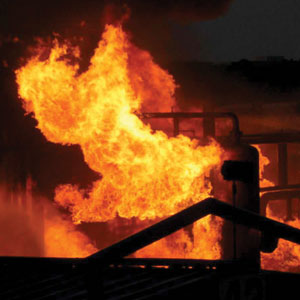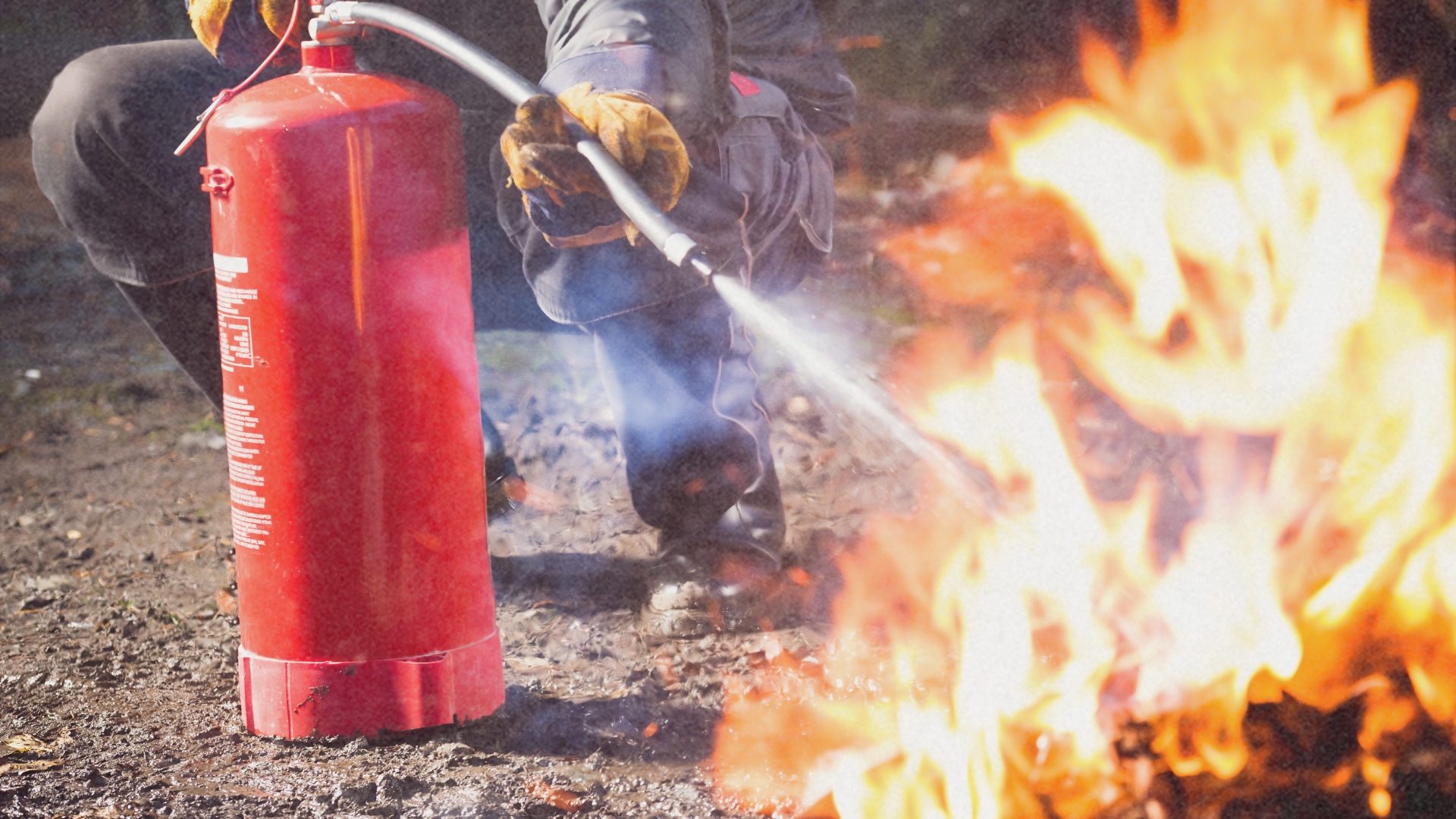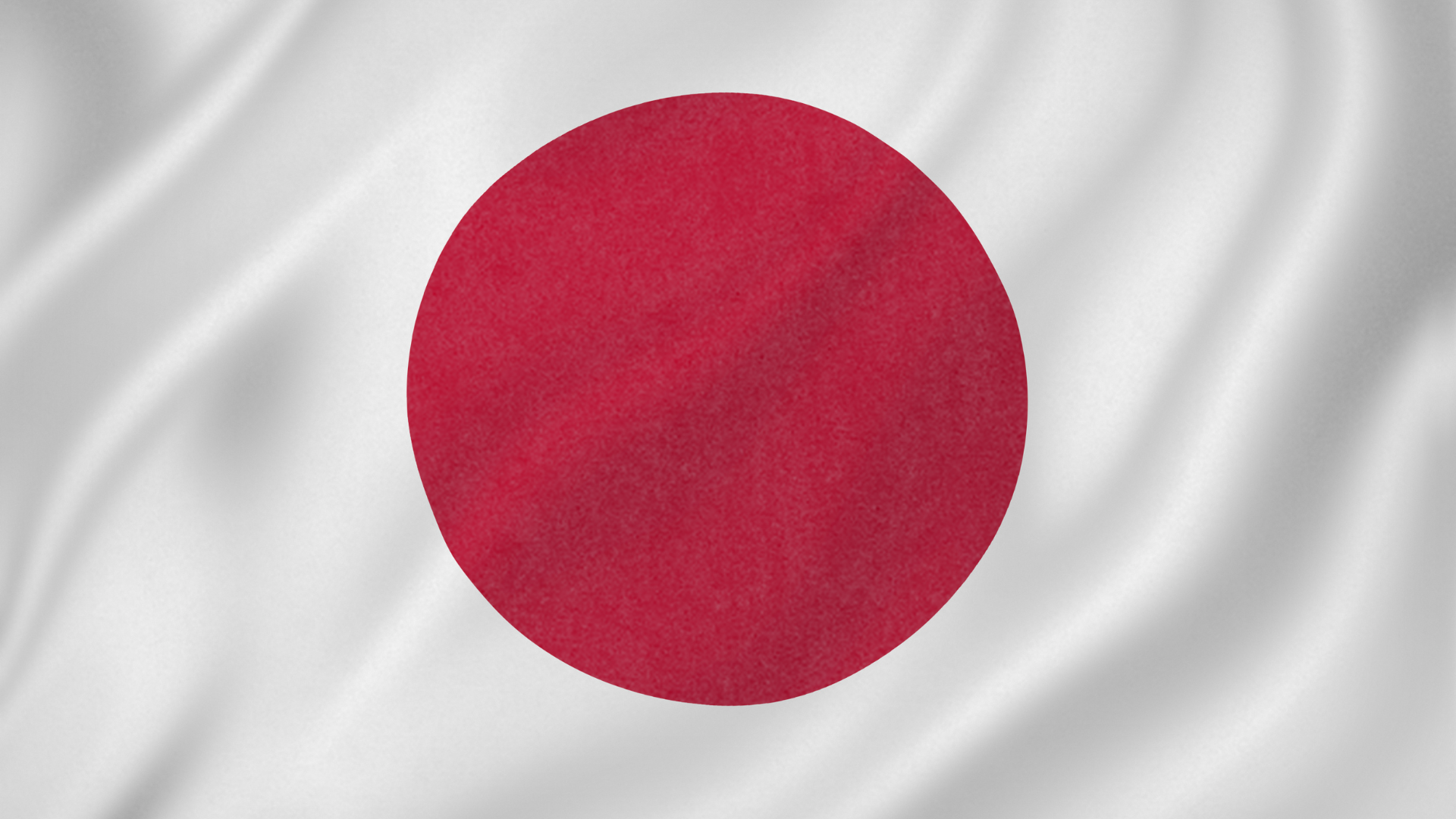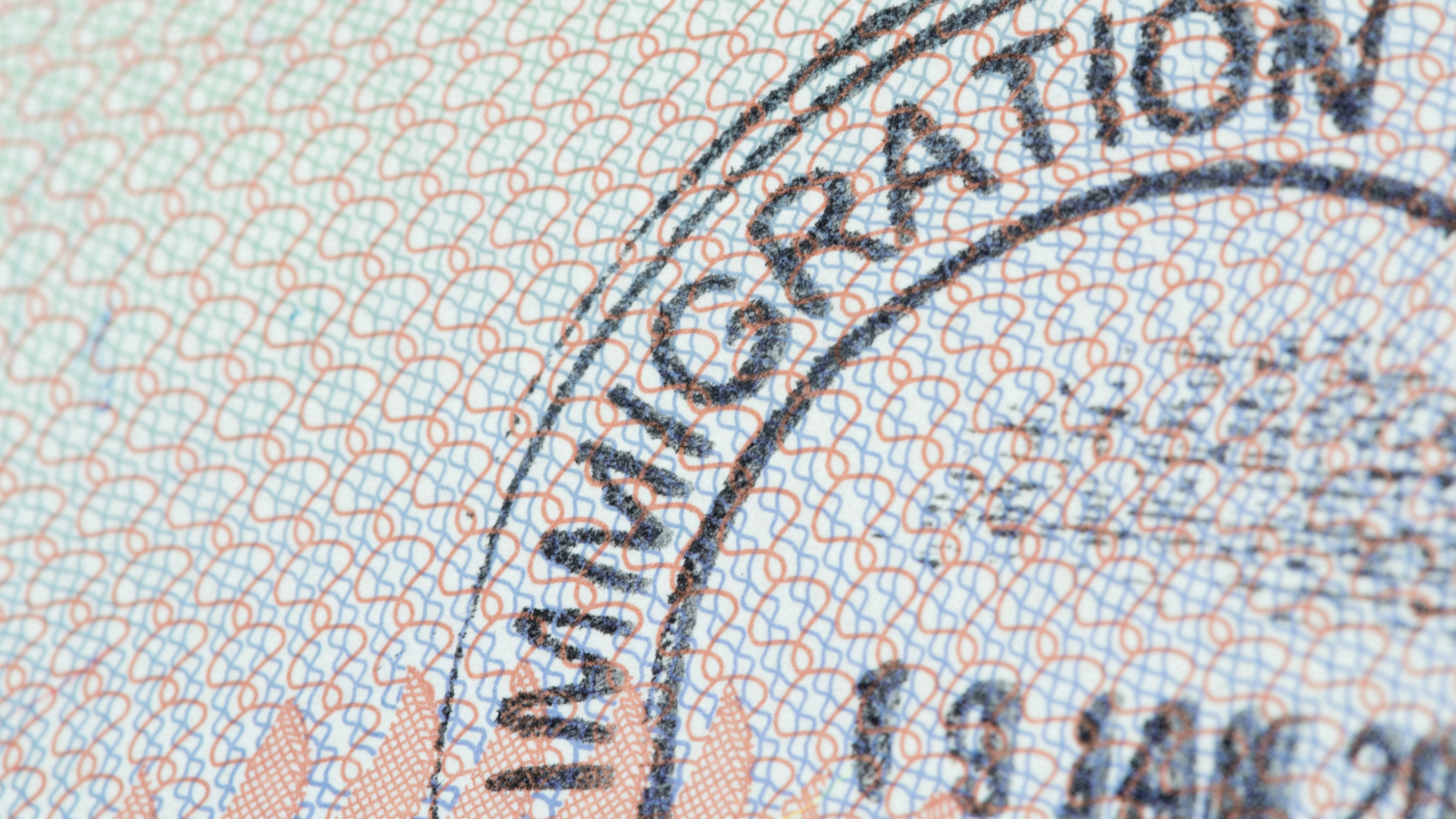Terrorism has been evolving with many faces and targets. Its ultimate goal is always to coerce governments and states to bend to the terrorist’s demands and break the target’s psyche through fear. Defining ‘terrorism’ is a hurdle primarily because of its subjective nature. One expert categorically says, “this is a question of whether an act is terrorism or the legitimate use of force.” But the answer rests ultimately on the eyes of the beholder.
The airline hijackings in the 1970s, the 9/11 attacks in New York, and recently the Mumbai bombings – terrorists’ tactics and targets are changing. The major shift in terror trends is currently under way. In a report submitted to the Rand Corporation in March 2003, two experts argued that financial impact was the least of the concerns of the masterminds of the 9/11 attacks. However, with the extent of the 9/11 terror attack in the US economy, experts concluded that future attacks will primarily have financial impacts.
While this is not a new phenomenon, the Provisional Irish Republican Army (PIRA) launched attacks to effect economic turmoil on Northern Ireland and Britain from 1970s to 1980s. The recent terror attacks after 9/11, as launched by Islamist militants, are increasingly directed towards economic downfall of the target country.
Seemingly, the tourism industry is always on the crosshairs of terror groups. Many terrorists are targeting hotels, like those in Jordan, Indonesia, Morocco, and recently India. The Mumbai attack remains a heart-breaking experience.
Favorite Targets
Why are hotels considered targets of terror acts? The notion that terrorists are more interested in airing their concerns rather than killing or causing destruction, like airline hijackings in the 1970s and 1980s, has changed after the 9/11 attacks. Studies show that terrorists select targets based on the potential damage to the lives and property and the media mileage that they would get.
Below are the common reasons terrorists choose hotels as targets:
Ideological value. From a militant Islamist’s point of view, large hotels are symbols of a ‘domineering’ Western culture. These are places of vices and decadence where alcohol and drugs are freely consumed and people can socially mingle that usually leads to fornication and adultery.
Economic and political values. Hotels cater to some of the nation’s prime business activities making these as targets. Many entrepreneurs, investors, celebrities, and government officials dine in, make deals, or stay in the hotels. Five-star hotels are considered one of the country’s ’corridors of power.’
High-value targets. Generally, large five-star large hotels are where Westerners and VIPs —dignitaries, high-profile businessmen, etc. — are staying during business trips giving militants an opportunity to attack, hurt, kill or injure many people that they consider their enemies.
Inadequate security. Tightening hotel security, especially in five-star hotels, is extremely difficult. Hotels are places where people would like to go for relaxation and do worry-free activities disabling security personnel to identify those who are doing surveillance and info-gathering activities within the facility. While most hotel security personnel may spot suspicious loiterers, professional terrorists circumvent this by checking in to the hotel, like what the Mumbai attackers reportedly did.
Lax security. Many large hotels or hotel chains still hesitate to implement strict security measures within their premises because of the costs that will be incurred. Although it has been an industry standard to install video surveillance cameras in the hotels, lack of trained personnel to monitor the hotel’s vicinity makes them as mere investigative tools. However, these will be helpful in recording movements of people before an attack occurred but has little preventive value.
In most cases, many hoteliers do not like to enforce strict security measures for fear of annoying or alienating their guests making them inconvenient and shun their establishment.
Mumbai Terror Incidents
The November 2008 Mumbai attacks were a series of coordinated terrorist attacks across Mumbai, India’s financial capital and largest city. The attacks were carried out by armed men using high-powered weapons and grenades from 26 November to 29 November 2008. About 173 people were killed and 308 were injured.
Prior to these attacks, Mumbai had experienced two major terror attacks in the past years. These included the 1993 widespread car bombs attacks and more recently the 2006 train bombings.
Eight of the earlier attacks occurred in South Mumbai, at Chhatrapati Shivaji Terminus, the Oberoi Trident, the Taj Mahal Palace and Tower, Leopold Cafe, Cama Hospital, the Orthodox Jewish-owned Nariman House, the Metro Cinema, and a lane behind the Times of India Building behind St. Xavier’s College. There was also an explosion at the Mazagaon docks in Mumbai’s port area, and a taxi blast at Vile Parle.
In the early morning of 28 November, all sites, except for the Taj Mahal Palace, were secured by Mumbai police and Indian security forces. Through the efforts of India’s National Security Guards on 29 November ended the Taj Mahal Palace encounter.
Mohammad Ajmal Amir, the only alive terrorist captured, disclosed that the attackers were members of Lashkar-e-Toiba, the Pakistan-based militant organization branded as terror group by India, the United States, and the United Kingdom, among others. The Indian Government said that the attackers and controllers came from Pakistan.
Lessons of the Mumbai Terror
Prior to the November Mumbai attacks, threats of terror from Islamist militants had been persistent according to the Indian intelligence agencies. However, all attention was hunkered down on another bombing attack, similar to the major terror attacks.
In an article published by the American Political Science Review, author Robert Pape claims that statistics between 1980 and 2001, suicide bombings accounted for an average of 13 deaths per strike, compared to only one killing for common attacks. He further notes that although acts of martyrdom amounted to only 3 percent of terrorist incidents during the period, they accounted for nearly half (48 percent) of all deaths.
Even in the Philippines, an act of terror is almost exclusively synonymous to a bombing attack, although suicide bomb attacks remain very rare. Most precautionary measures in securing hotels primarily are directed towards persons-in-charge of security with the notion that a bombing attack is the most probable terror threat. Thus, we can see the prevalence of anti-bomb measures used in most hotels.
The 2008 Mumbai attack and the 2003 attack in Casablanca, Morocco should serve as wake-up call for everyone. As security hotel personnel adopt to the changing tactics and operations of terror groups, whether affiliates or not of al-Qaeda, it would be prudent to consider the range of attack modalities that can be employed against hotels or within the hotel premises.
Is your hotel protected against these threats?•






